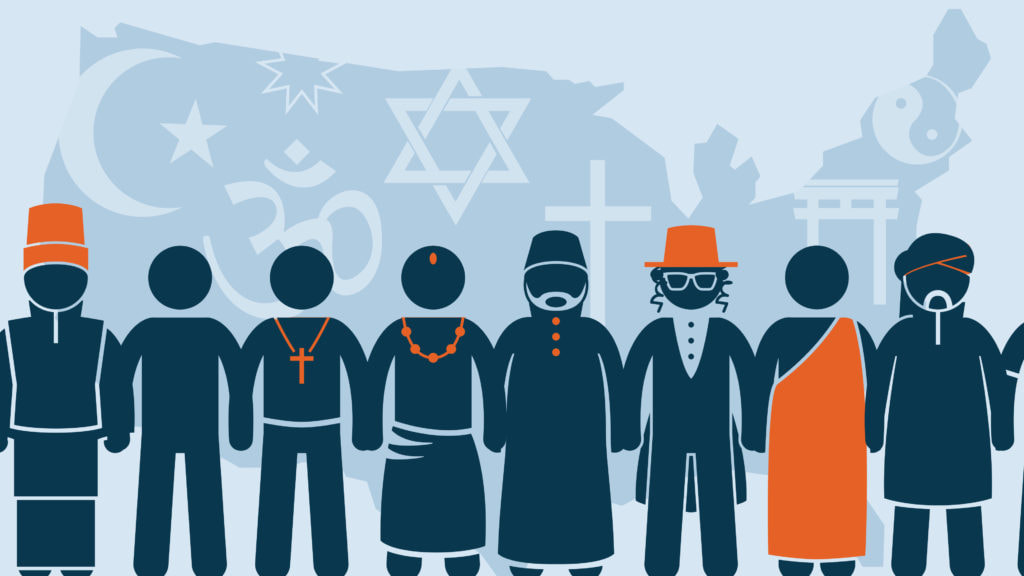|
Tolerance is the respect and appreciation of the rich variety of our world's cultures, our forms of expression and ways of being human. Tolerance recognizes the universal human rights and fundamental freedoms of others. People are naturally diverse; only tolerance can ensure the survival of mixed communities in every region of the globe. In 1996, the UN General Assembly adopted Resolution 51/95(link is external) proclaiming 16 November as International of Day of Tolerance.
Below are way to combat intolerance: 1. Fighting intolerance requires law: Each Government is responsible for enforcing human rights laws, for banning and punishing hate crimes and discrimination against minorities, whether these are committed by State officials, private organizations or individuals. The State must also ensure equal access to courts, human rights commissioners or ombudsmen, so that people do not take justice into their own hands and resort to violence to settle their disputes. 2. Fighting intolerance requires education: Laws are necessary but not sufficient for countering intolerance in individual attitudes. Intolerance is very often rooted in ignorance and fear: fear of the unknown, of the other, other cultures, nations, religions. Intolerance is also closely linked to an exaggerated sense of self-worth and pride, whether personal, national or religious. These notions are taught and learned at an early age. Therefore, greater emphasis needs to be placed on educating more and better. Greater efforts need to be made to teach children about tolerance and human rights, about other ways of life. Children should be encouraged at home and in school to be open-minded and curious. 3. Fighting intolerance requires access to information: Intolerance is most dangerous when it is exploited to fulfil the political and territorial ambitions of an individual or groups of individuals. Hatemongers often begin by identifying the public's tolerance threshold. They then develop fallacious arguments, lie with statistics and manipulate public opinion with misinformation and prejudice. The most efficient way to limit the influence of hatemongers is to develop policies that generate and promote press freedom and press pluralism, in order to allow the public to differentiate between facts and opinions. 4. Fighting intolerance requires individual awareness: Intolerance in a society is the sum-total of the intolerance of its individual members. Bigotry, stereotyping, stigmatizing, insults and racial jokes are examples of individual expressions of intolerance to which some people are subjected daily. Intolerance breeds intolerance. It leaves its victims in pursuit of revenge. In order to fight intolerance individuals should become aware of the link between their behavior and the vicious cycle of mistrust and violence in society. Source: UNESCO
0 Comments
Leave a Reply. |
